Breast Cancer Education & Awareness
It is the most common cancer in the UK. 25% of breast cancer cases are preventable, and more than 76% of people survive for ten years or more!

Regularly checking your breasts is important for maintaining good breast health. By doing self-exams, you can become familiar with the normal look and feel of your breasts and be able to detect any changes or abnormalities.
Early detection of breast cancer is key to successful treatment, and self-exams are an important part of that process. It's recommended that women perform breast self-exams monthly and receive regular mammograms as recommended by their healthcare provider.
Don't hesitate to speak with a healthcare provider if you notice any changes or have concerns about your breast health.
Learn more with our informative poster detailing the types of breast cancer, how to detect, staging and changes to look out for.
Breast cancer can be treated through a variety of methods, including surgery, radiotherapy, and drug therapies such as chemotherapy and hormone therapy. Additionally, targeted therapies, which include biological and immunotherapies, are often used to specifically target cancer cells and improve treatment outcomes. These treatment options may be used individually or in combination, depending on the stage and type of cancer, as well as the patient's overall health.


Download our free PDF poster featuring a beautiful anatomical illustration of the organ with labels. Ideal for learning about the basic anatomy for the female breast.
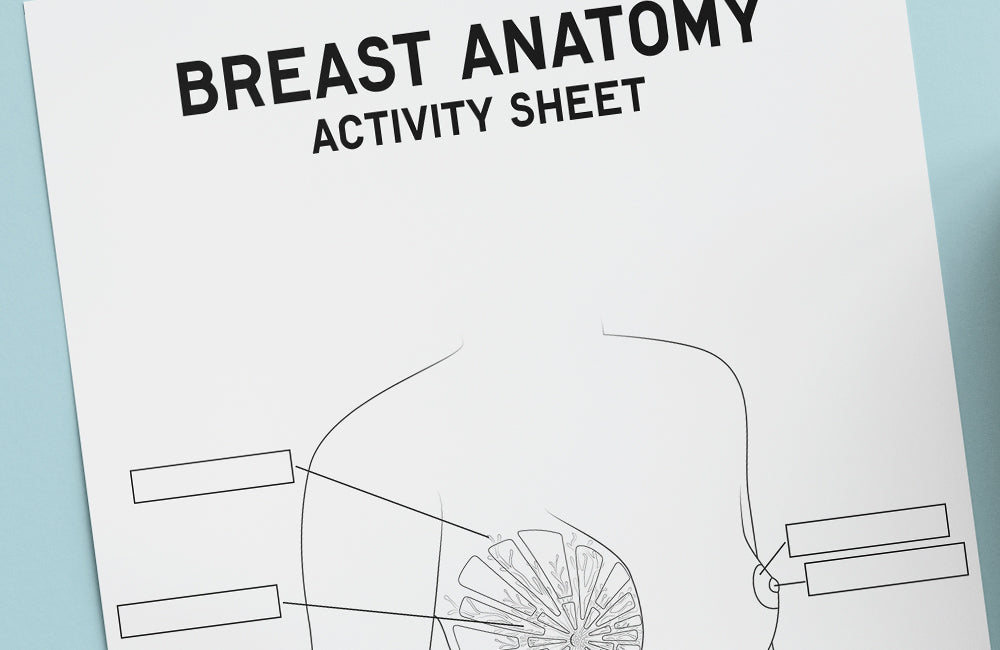
Colour in our beautiful anatomical illustration of breast anatomy, and then test your anatomy knowledge by filling in the names!

A change in the size or shape of your breast
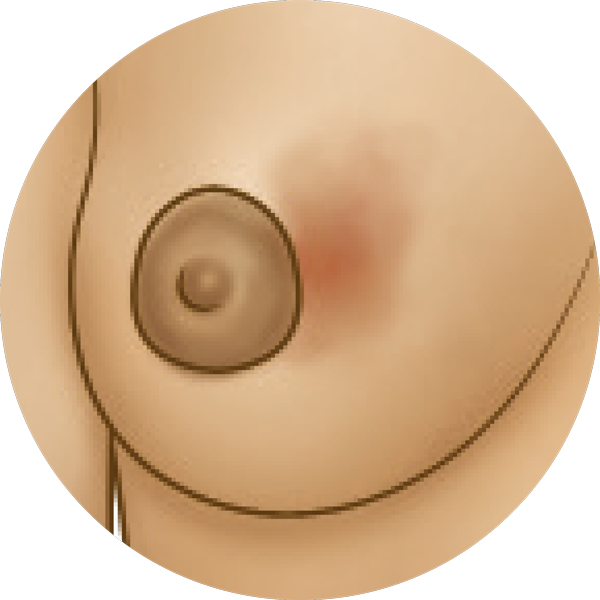
A rash or red area around your nipple
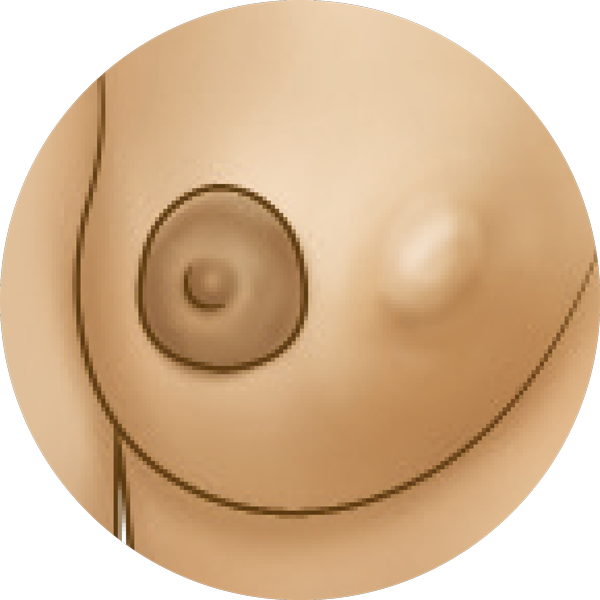
A new lump or thickening in a breast or armpit
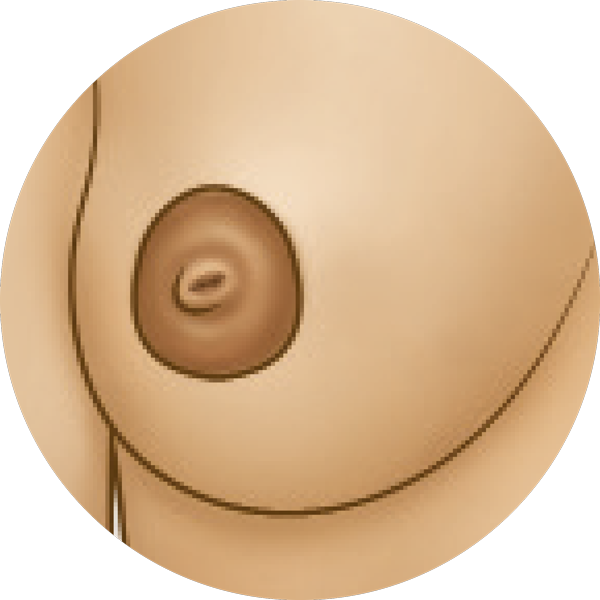
A change in the position or inversion of a nipple
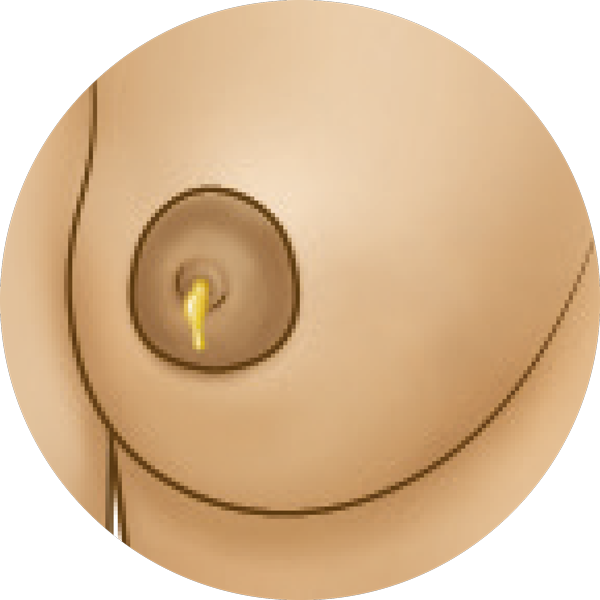
Nipple bleeding, or discharge that's not milky.
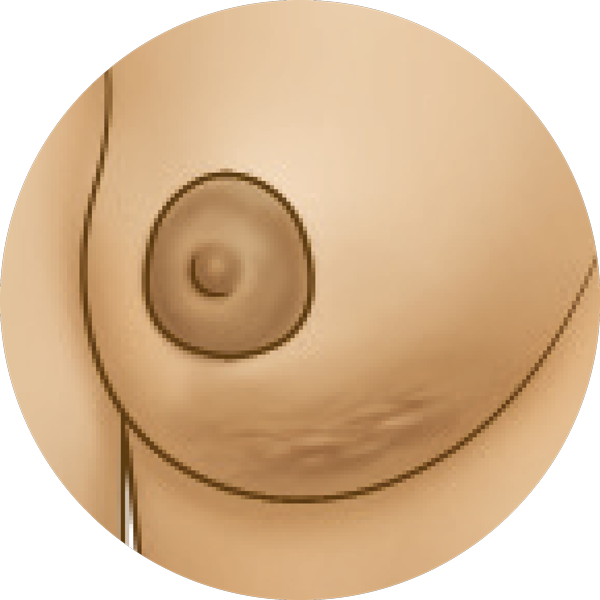
Infertility
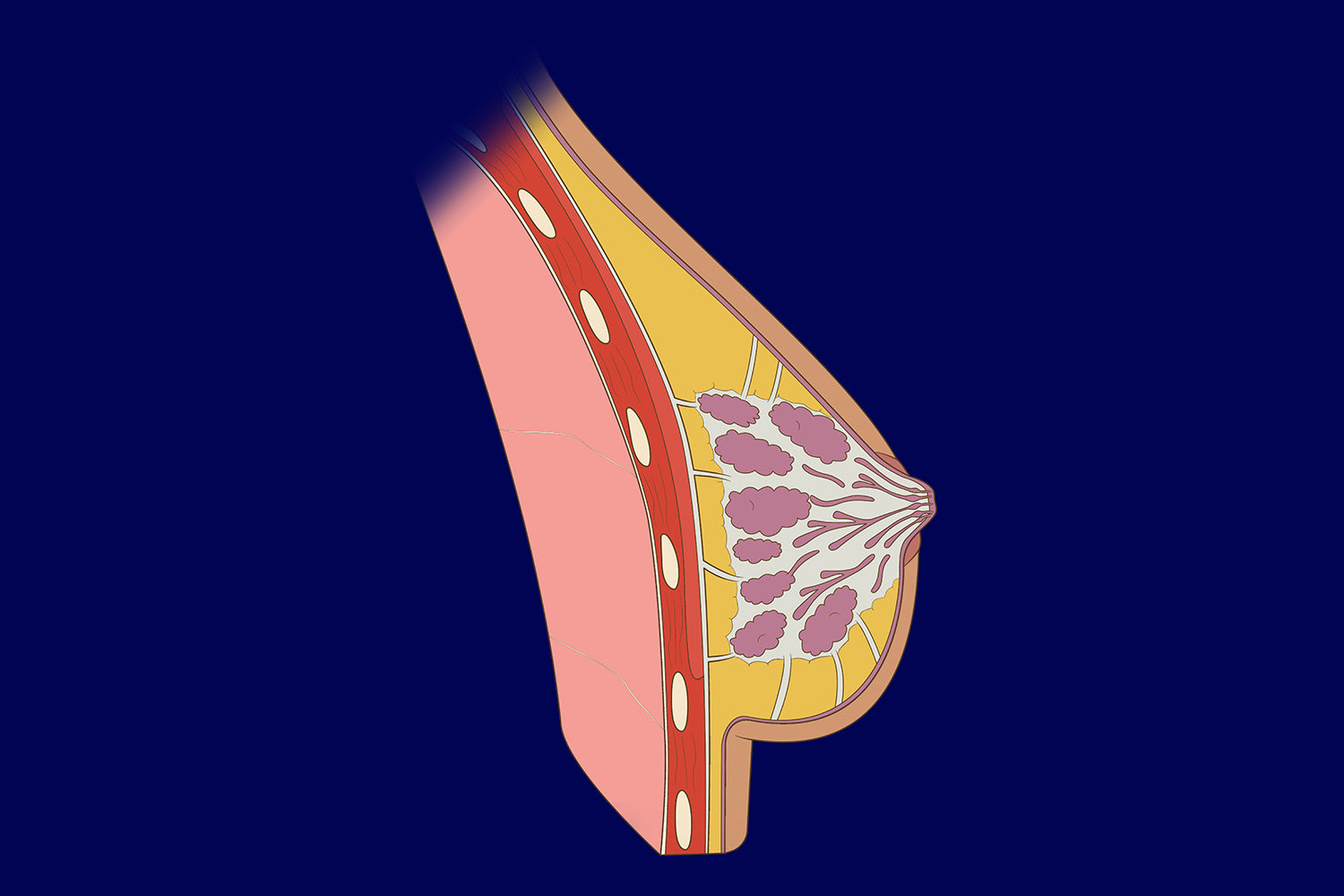
Fancy a more in-depth look at the female breast? Read our new Female Breast Anatomy Revision Guide, which provides a comprehensive understanding of breast anatomy and muscles which innervate the pectoral region.
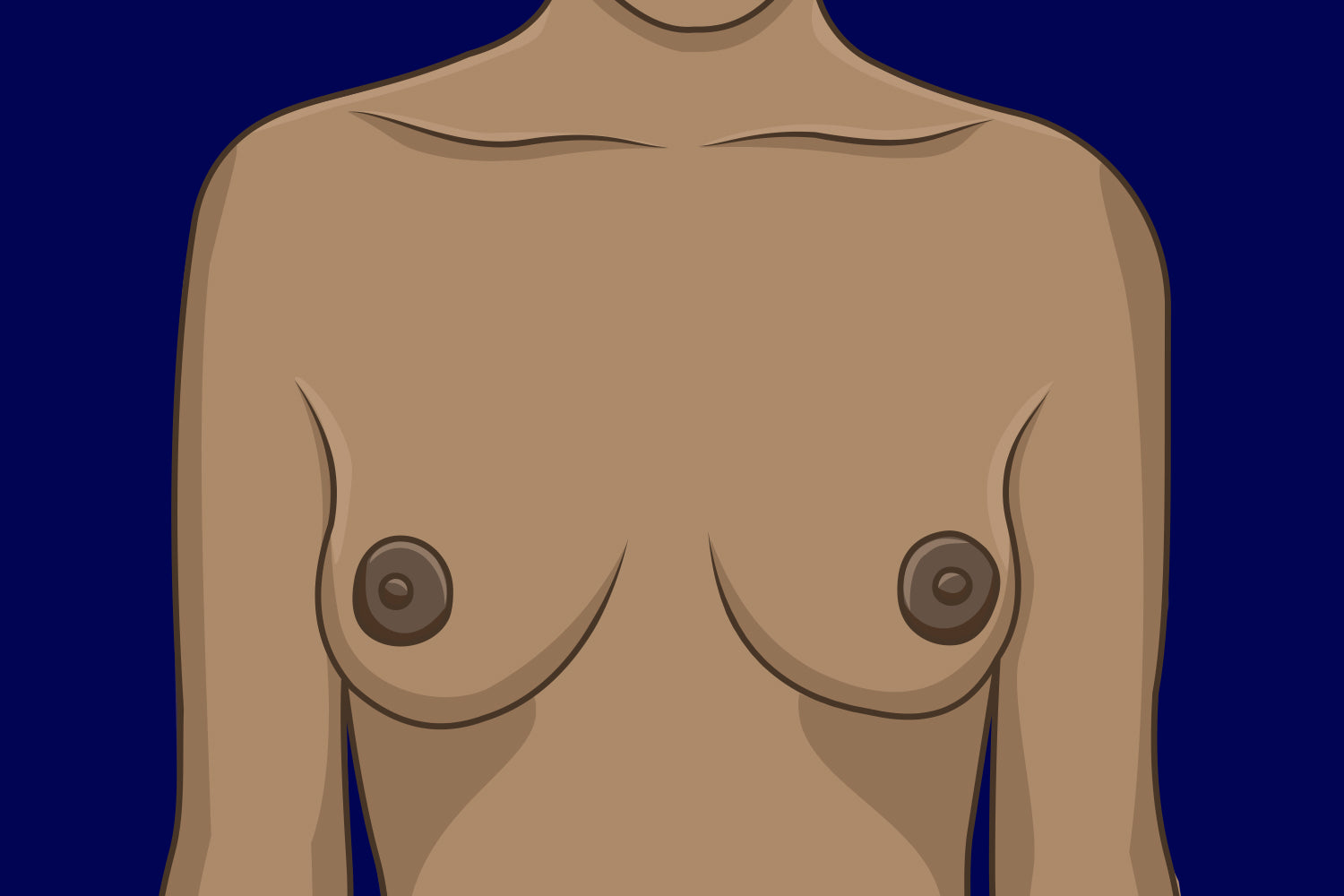
Educating yourself about breast cancer is something that will help you understand the risk factors and detect any signs or symptoms early on. This can empower you to take control of your breast health and seek medical attention if needed.
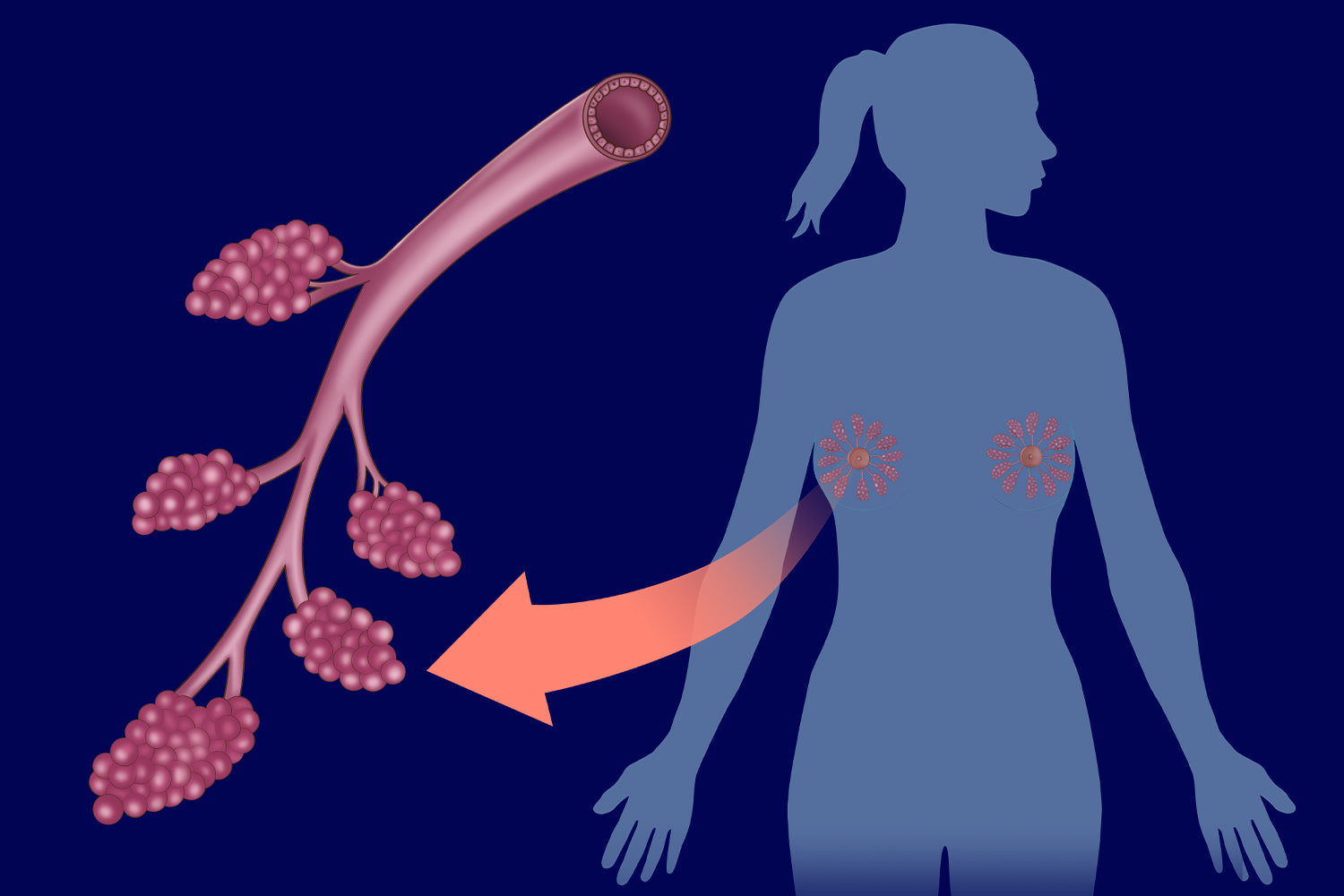
When diagnosed with breast cancer, you can expect to undergo a series of diagnostic tests and imaging exams to determine the stage and type of cancer. Treatment options will then be discussed with you.

Support from friends, family, and medical professionals can be helpful, as can engaging in self-care activities such as exercise, meditation, and therapy. Joining a support group can also provide a sense of community and understanding.
Receiving a breast cancer diagnosis can be overwhelming; thoughts can start racing in your mind, and emotions naturally can run high. Reaching out to a trusted charity can help provide accurate information, reassurance, and support when it's most needed.



